-Lok Narayan Subedi
Increasing geopolitical conflicts, climate change, economic and health challenges related to epidemics are the supporting factors of increased level of famine in world. As a result, global spread of malnutrition is increasing constantly. With various developments, world is also battling against malnutrition which is a big challenge for now.
Despite claims of development, the world has not been able to get out of the grip of, basic but huge, problems such as poverty and scarcity of food. Even though the food production is on a large scale these days, spike in the prices has been tough for many people.
Free economy, market structure, neo-imperialism and neoliberalism are the major causes of this famine today.
According to the World Food Production Report, the pace of reversing the problem of famine is very slow, in spite of increased production. Report of the United Nations Food and Agriculture Organization also states that the world has a large food reserve which is enough for many. However, billions of people in the world are not able to overcome the problem, the international goal of eliminating famine by 2030 also seems in jeopardy.
Free economy, market structure, neo-imperialism and neoliberalism are the major causes of this famine today. But it is sad that powerful organizations facing away from these facts. UN report also mentioned war, climate change, violence, natural disasters among the causes of famine.
According to Global Hunger Index (2021), underdeveloped, smaller countries and country with large populations are not the only one who are affected. Even a country like India, who has good economic growth in the world, ranks on 101 position in the Index.
Reduced purchasing power outweighs lack of availability of food. Famine is a prime cause of malnutrition, which is a result of poverty and lack of nutritious food. This will directly impact upon their productivity. As a result, they will be trapped in the cycle of poverty and malnutrition. Climate change is also a huge challenge on food safety, nutrition and human health.
In today’s world, a small section of people throws away food as stale, whereas, there are a large number of people who cannot afford to throw away even a single piece of food.
The number of starving children has decreased, but there are still many children struggling with famine. It is estimated that world’s population will reach 9 billion by 2050. About 80 percent of this population will be from developing countries. In today’s world, a small section of people throws away food as stale, whereas, there are a large number of people who cannot afford to throw away even a single piece of food.
Half of the food produced in the world rots down, but poverty is still prevalent. Food programs have not been aimed at the common people. Also, the inequality of distribution also stands as a challenge. Widespread and severe poverty, dependent women, poor social security schemes, scarce of nutrition, child marriage are the main causes of malnutrition among others.
Development of science and technology, helps to dream of smart cities, smart schools, bullet trains, satellites in space, but all these cannot eradicate famine. Equal distribution is the foremost important thing that everyone should focus on.
The global problem of climate change is an obstacle to solve the problem of hunger. In such a situation, the fear of lack and insecurity will increase, which eventually leads to chaos.
A state which is dependent like ours has to focus on providing subsidies, technology and market assurance to agriculture to meet even basic needs. However, we are not focused upon those issues. Food falls under basic need of people and it is the responsibility of a country to provide them with food. Also, increased food production and radical change in distribution to the growing population is most important.
The global problem of climate change is an obstacle to solve the problem of hunger. In such a situation, the fear of lack and insecurity will increase, which eventually leads to chaos. Therefore, it is very important to figure out the possible measures to solve the problem ahead of time.
If there are any preparations done to tackle this, it is not enough at this situation. So, questions may be raised regarding the fundamental rights of food security and prosperity guaranteed by the constitution. The problem of malnutrition is inextricably intertwined with the relation to ownership of production and ownership of distribution. The problem is also related to poverty, lack, insecurity and unemployment.
There is a need for better policies to solve these problems by the state with a responsibility towards people. Without liberating the state and politics from corrupt leaders, no solid and reliable solution to the problem can be achieved.






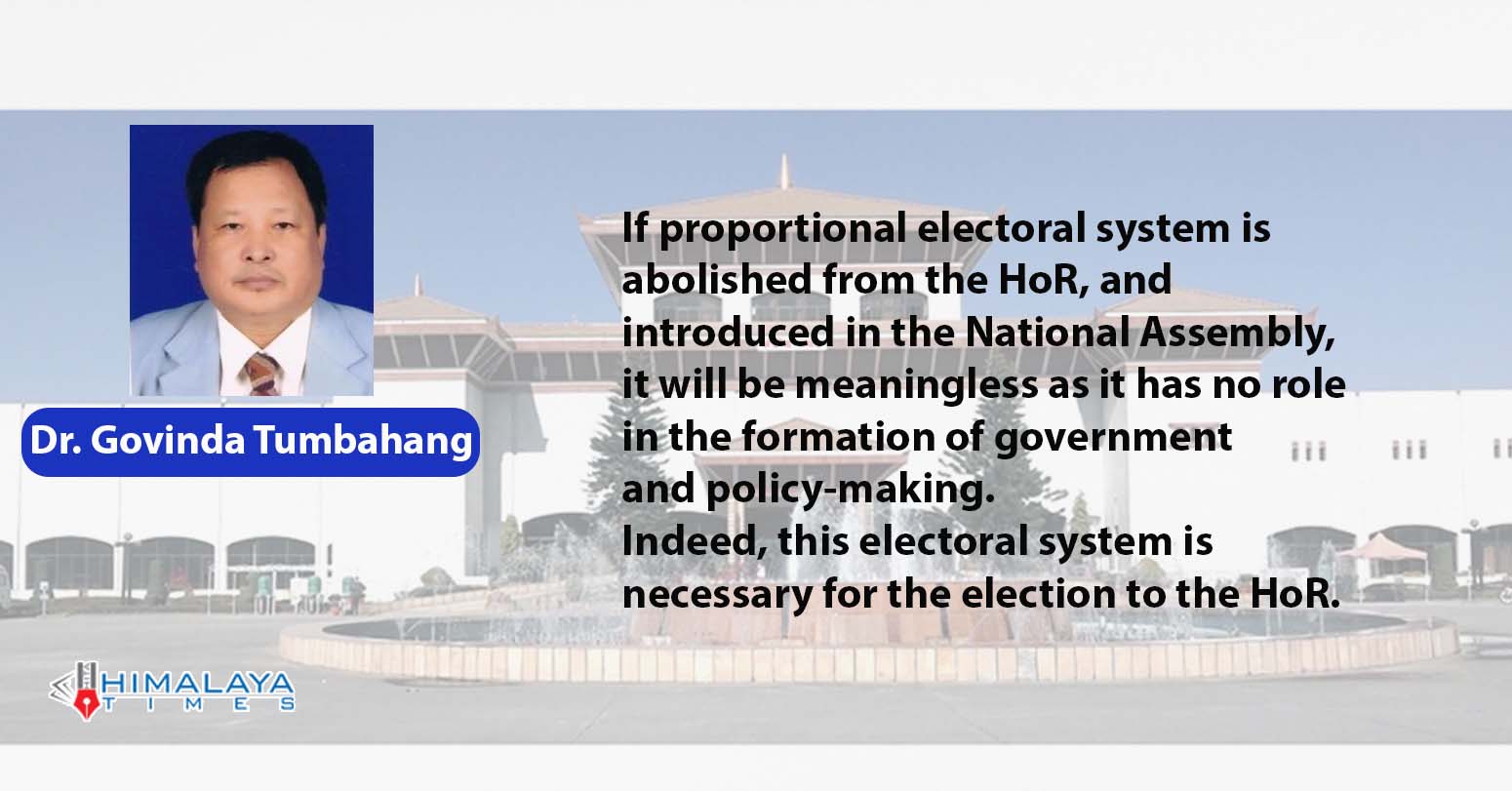


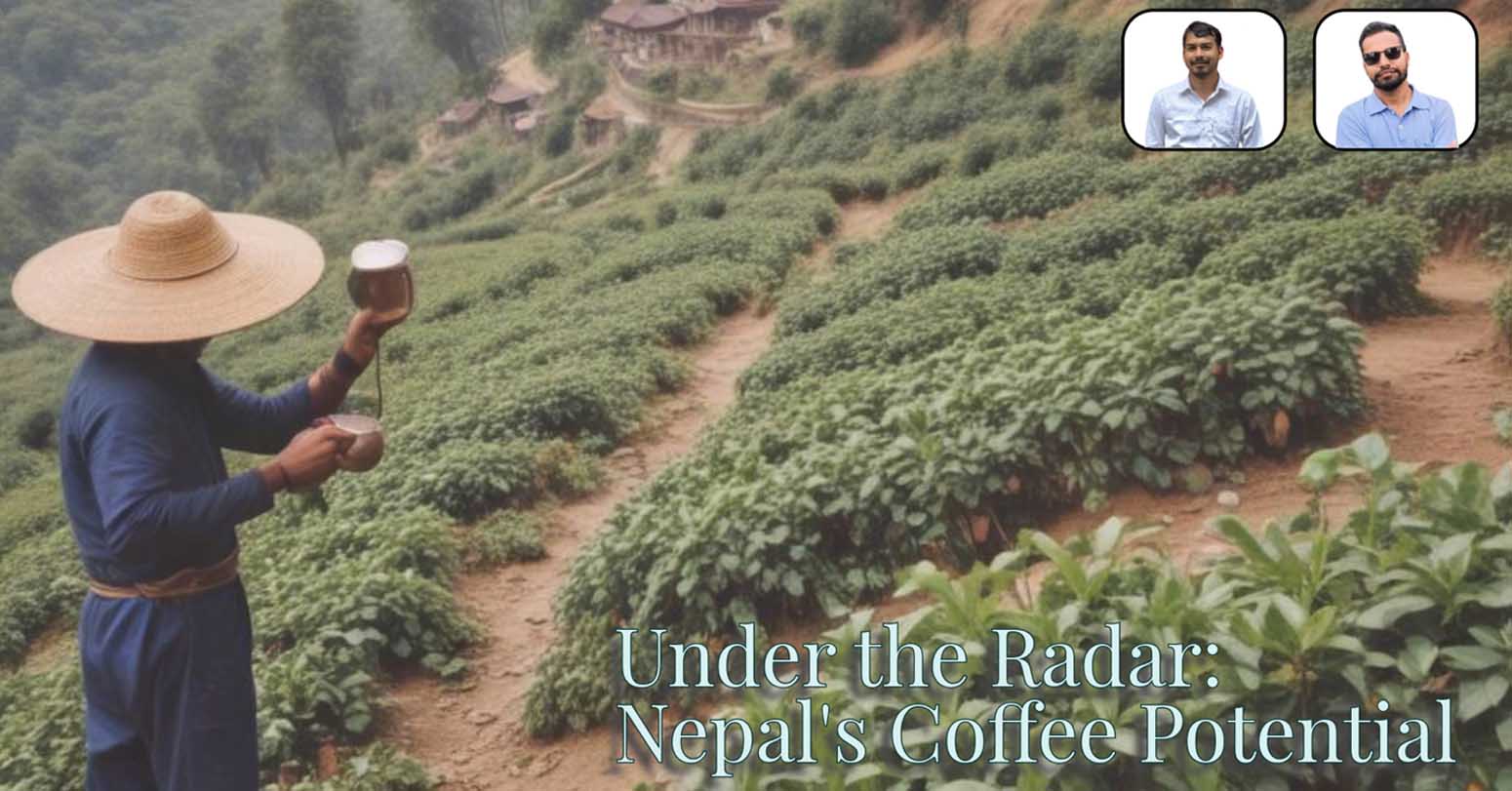
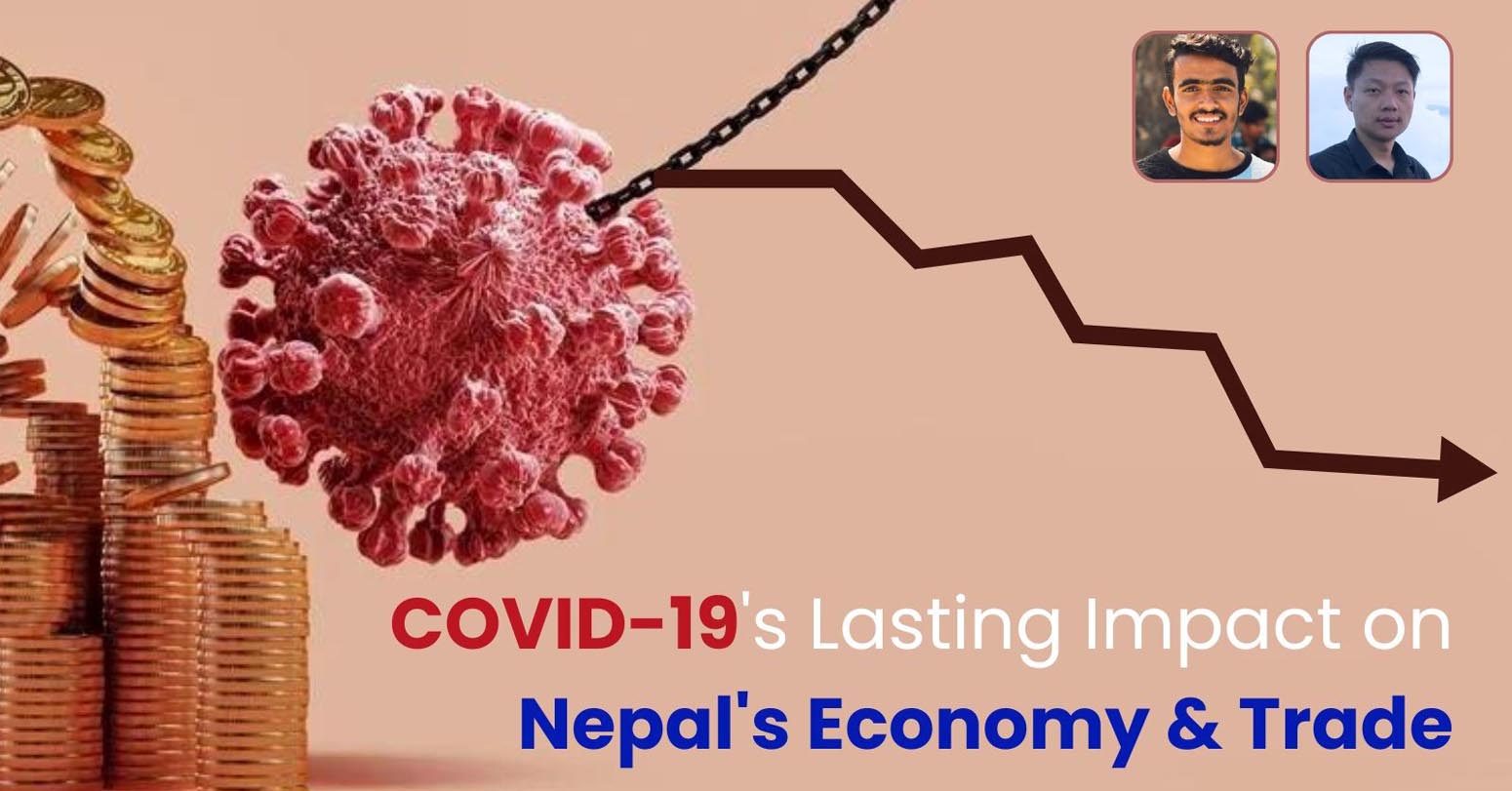

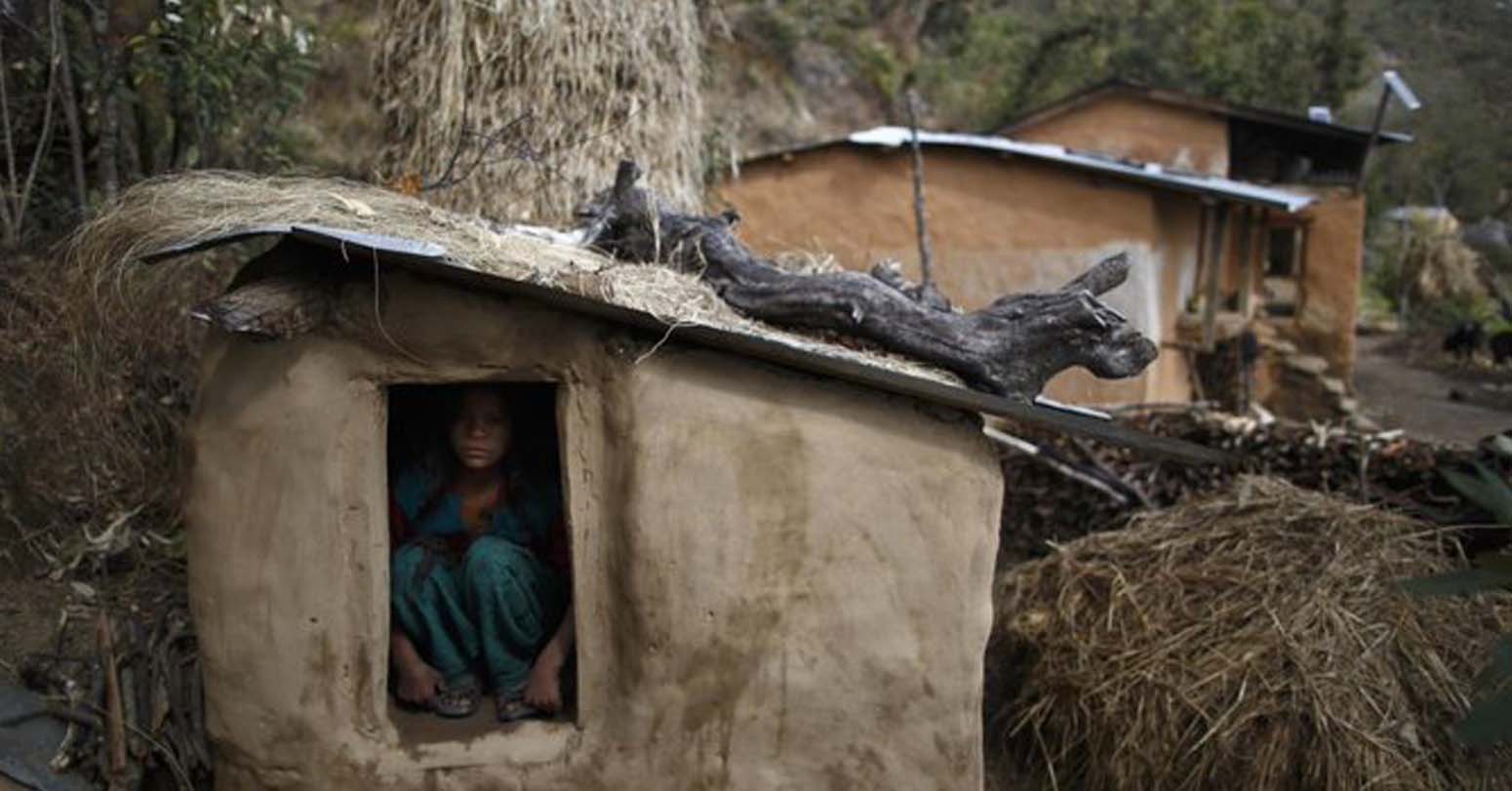

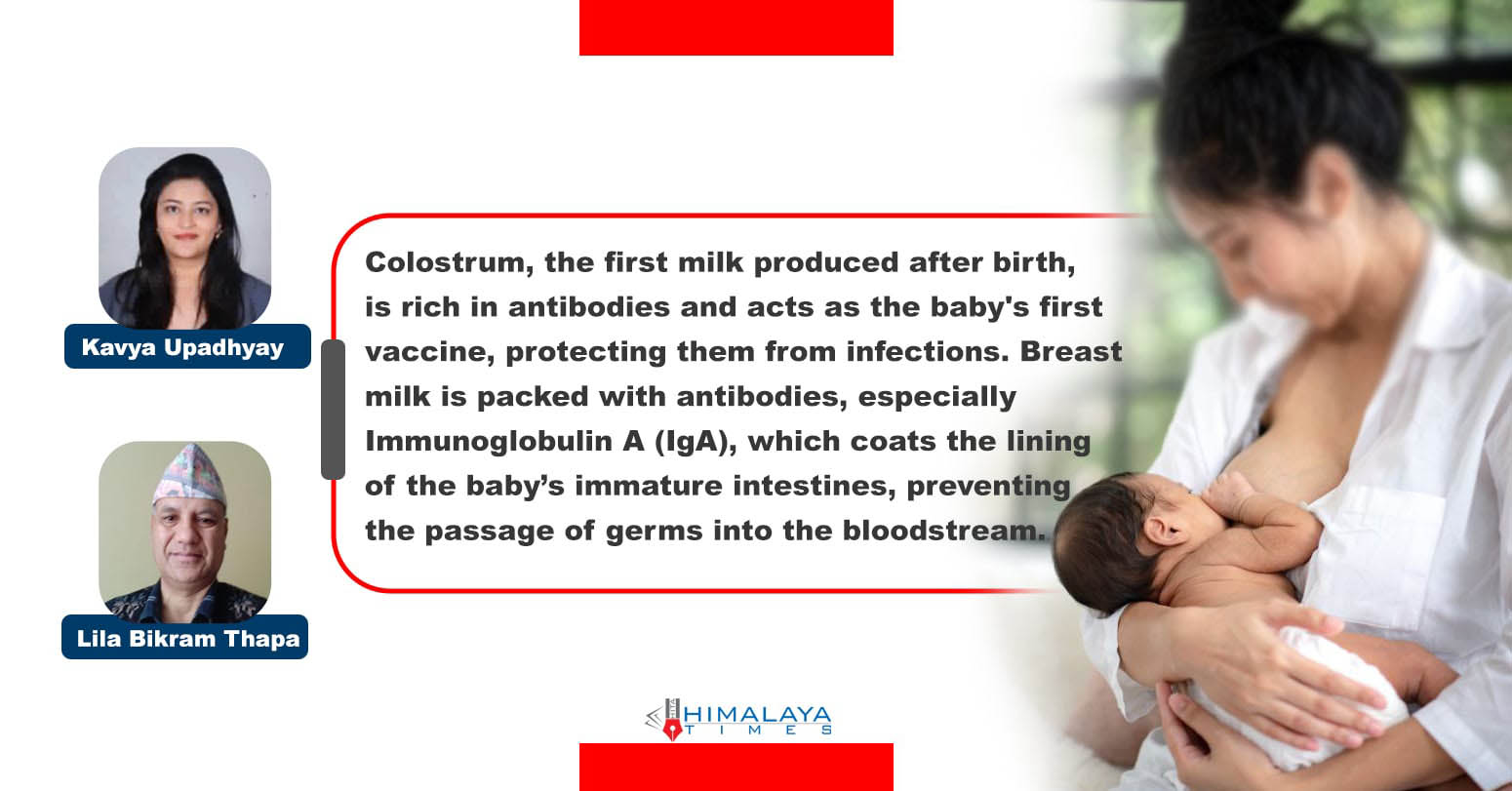
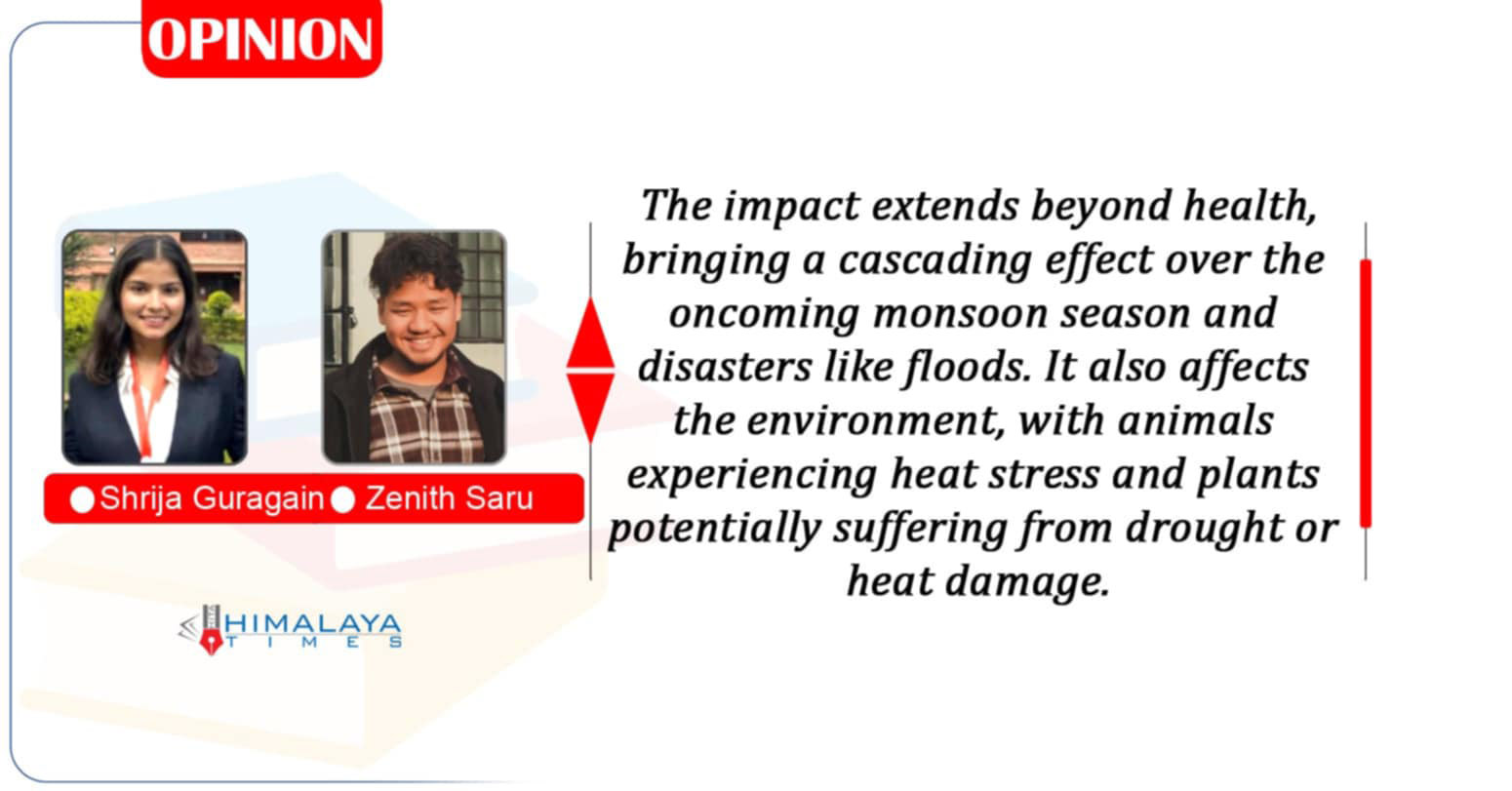
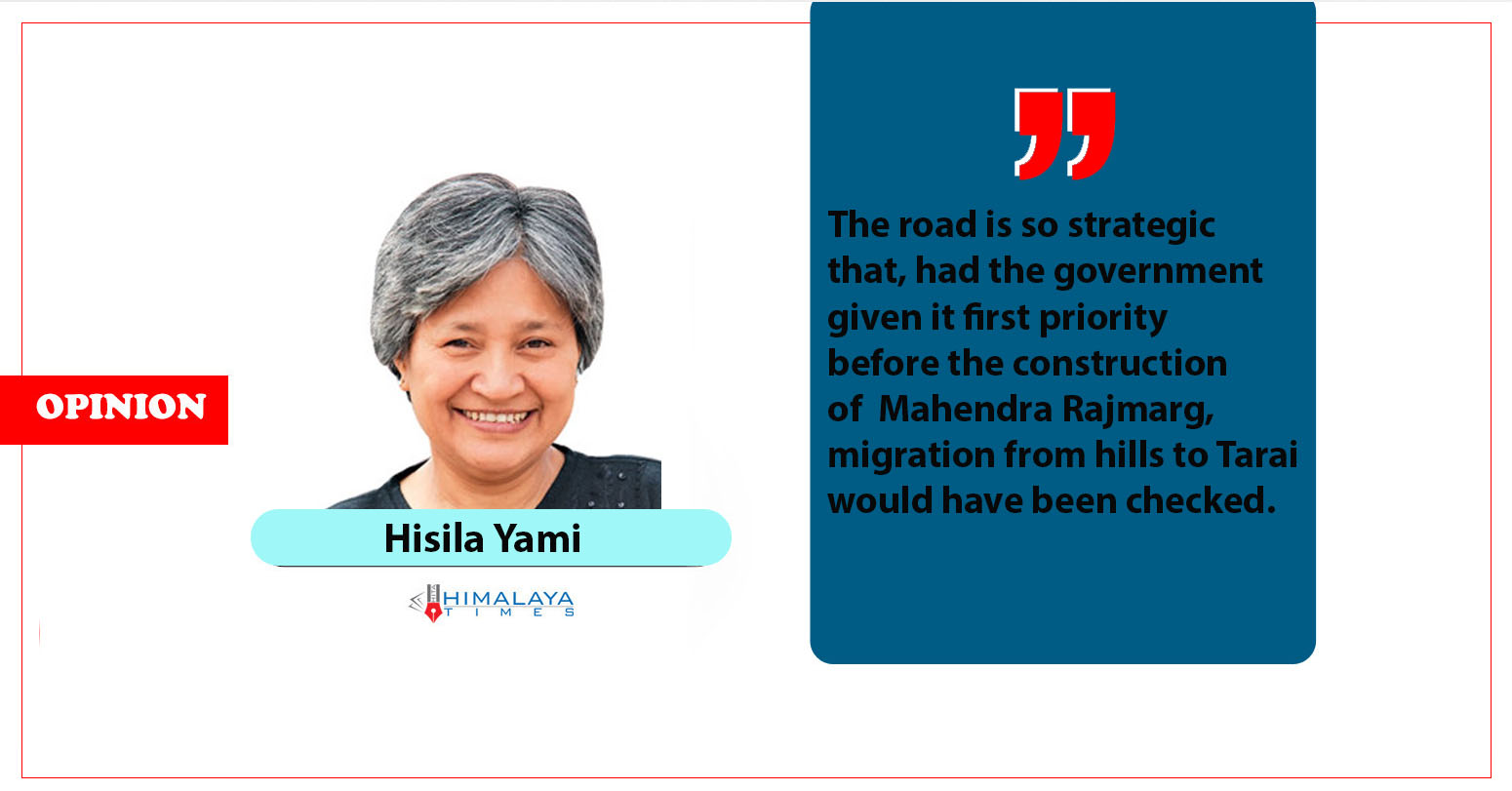
Comprehensive Data Protection Law Critically
Gender Differences In Mental Healthcare
Messi Wins Best FIFA Men’s
Erosion of Democracy
Fly Dubai Catches Fire in
“Complexities of the South Asian